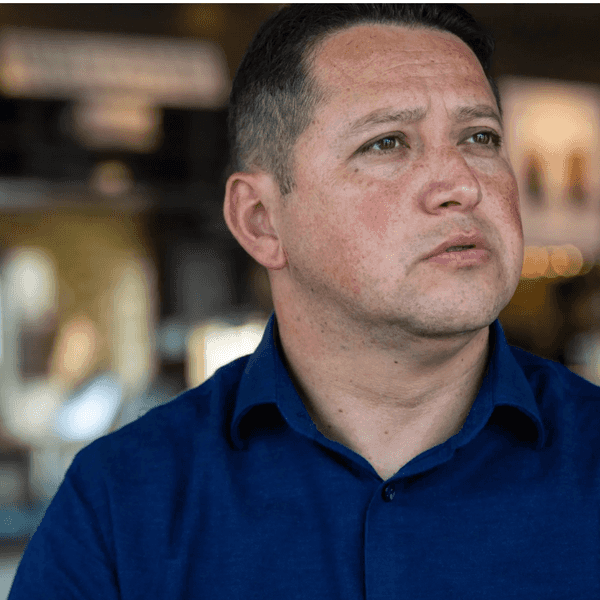
Reprinted with permission from AlterNet.
Steve Prator, a Louisiana sheriff, unintentionally admitted that prison is the new slavery during a press conference earlier this week. The Caddo Parish official lamented that nonviolent offenders are being released from jails because the prison “can work” those inmates for free or next to nothing, saving money and profiting off their labor. In a video clip tweeted by writer Shaun King, Prator lays out his despicable defense:
“The [prisoners] that you can work, the ones that can pick up trash, the work release programs — but guess what? Those are the ones that they’re releasing!” the sheriff states, apparently oblivious to the truth he’s speaking. “In addition to the bad ones…they’re releasing some good ones that we use every day to wash cars, to change the oil in our cars, to cook in the kitchen, to do all that where we save money. Well, they’re going to let them out!”
WATCH.
In 38 seconds Steve Prattor, Sheriff of Caddo Parish in Louisiana, tells you why he REALLY likes keeping “good” Black men in jail. pic.twitter.com/7YtxixE1rU
— Shaun King (@ShaunKing) October 12, 2017
Prator was railing against the Justice Reinvestment Act, signed into law by Governor John Bel Edwards in June, which will release thousands of nonviolent felony offenders from across the state. Local outlet KSLA reports that roughly 200 of those to be freed will come from Prator’s district. The law goes into effect November 1, and it’s expected that additional releases will be made.
“There’s ways and things that need to be reformed on the criminal justice system,” Prator added, according to KSLA, “but certainly we don’t need to do what we’re about to do.”
According to a recent Huffington Post analysis, Louisiana is the most carceral state. The United States imprisons more of its citizens than any other country—by both percentage and raw numbers—and thus, Louisiana leads some countries in its incarceration rate. “Compare Louisiana’s rate of 816 people per 100,000 with Russia’s 492, China with 119, France with 100, and Germany with 78,” the Huffington Post notes. There are more than 2.2 million people filling cells across America, which is home to 5 percent of the world’s population but 25 percent of its prisoners.
The prison industry is a profitable one, with prison labor just one source of enrichment. A report released earlier this year from the Economist offers more fiscal insights:
At the federal level, the Bureau of Prisons operates a programme known as Federal Prison Industries that pays inmates roughly $0.90 an hour to produce everything from mattresses, spectacles, road signs and body armour for other government agencies, earning $500M in sales in fiscal 2016. Prisoners have produced official seals for the Department of Defence and Department of State, a bureau spokesman confirmed. In many prisons, the hourly wage is less than the cost of a chocolate bar at the commissary, yet the waiting list remains long—the programme still pays much more than the $0.12-0.40 earned for an hour of kitchen work.
Similar schemes exist at the state level as well, making the market of 61,000 captive labourers worth well over $1 billion. California’s programme expects to generate $232M in sales this year, much of it from construction and textiles, though $10M is also expected from meat-cutting. In Idaho, prisoners roast potatoes. In Kentucky, they sell $1M worth of cattle.
Under the Justice Reinvestment Act, prisoners will serve a quarter of their sentences, felonies and misdemeanors will carry less lengthy sentences, and drug offenders will still be able to receive “government assistance such as SNAP and provide for the removal of restitution for some offenders with ‘financial hardships.’” These are the necessary and long overdue changes that Prator takes issue with, because he prefers having a captive pool of labor that can be forced to work for free or something very close to it.
Kali Holloway is a senior writer and the associate editor of media and culture at AlterNet.
Header image source.








